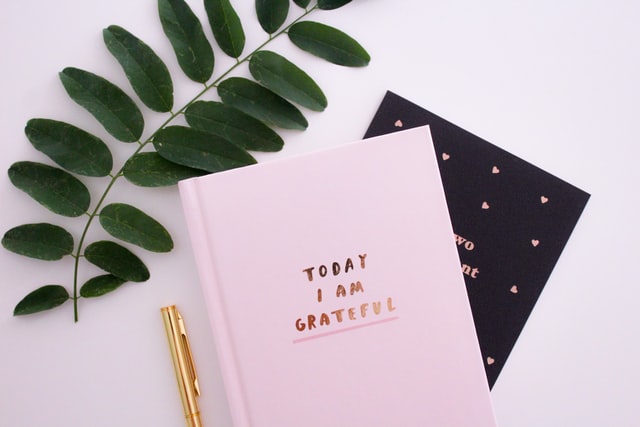Every January, many writers—including me—list their writing resolutions for the New Year. These goals often focus on publication and productivity, such as: “Submit my completed novel to 15 agents.” “Write 3 short stories.” “Enter 2 speculative fiction contests.” “Write a new blog post twice a month.” “Finish the first draft of my new novel about…
Author: Kelley J. P. Lindberg
Gifts for Writers
Is there a writer on your “Nice” list this holiday season? Are you stumped for a perfect gift for said writer? With the help of some of my author friends, I’ve compiled a list of gifts that will brighten any writer’s day. And let’s be honest—some days, those who wrestle with the written word need…
A Writer’s Thanksgiving
It can be discouraging to be a writer—or any artist for that matter. Self-doubt, rejection after rejection, bitter-tasting criticisms, more self-doubt, long hours of hard work with little or no financial gain, and yet more self-doubt. (Did I mention self-doubt?) That’s why it’s important for creatives to remind ourselves that there are benefits to this…
Present Tense vs Past Tense: Choose the Right Tool for the Job
It’s a decision many authors struggle with, and it’s a perennial question at writing conferences: How do you decide whether to use past tense or present tense in your fiction? The answer is, of course: Use whatever feels right for you and your story. Even though that’s the correct answer, it’s a tad vague and…
Is Writing Short Stories “Worth It”?
Recently, I had a short story published in the Baltimore Review. I tweeted out my good news, and another writer responded, asking me about writing short stories. He finished his question with “Do you think it’s worth it?” That stopped my fingers mid-tweet. “It depends on how you define worth,” I finally replied. There are…





